How To Increase Breast Milk Naturally: 14 Foods And Tips
As stress may reduce your output, try simple home remedies and foods to boost production!

Image: Shutterstock
You can increase breast milk supply naturally instead of taking milk-boosting medication, so put your worries of not making enough for your child to rest.
Breast milk is vital, especially for the first few months of an infant’s life, as it contains all the essential nutrients and some protection for the baby. Ideally, to promote healthy growth and development, immune system function, and bonding, babies should only ingest breast milk for the first several months of their lives. However, if you think that your baby is still hungry after feeding or concerned with your supply, or wondering how to increase breast milk naturally at home, you can consume certain milk-boosting foods and follow certain guidelines to keep up and increase your milk supply.

In This Article
Causes Of Low Breast Milk Supply
If you are wondering why you don’t have enough breast milk supply to satisfy your little one, here are some possible reasons:
- You don’t drink enough water.
- You have started breastfeeding late and not on the day of delivery.
- You are not breastfeeding often enough.
- You are taking certain medications.
- You have had previous breast surgery.
- Other factors include premature birth, high blood pressure (induced by pregnancy), maternal obesity, and diabetes.
But, why is breastfeeding so important? These facts will tell you why.
Key Takeaways
- The reasons for low breast milk supply are not drinking enough water, premature birth, high blood pressure, and diabetes.
- Oregano, thyme, sage, and peppermint are some herbs that may reduce breast milk supply.
- Eating fenugreek seeds, garlic, salmon, almond milk, and oats can help increase breast milk supply.
- Taking proper rest and massaging the breast are some other ways of increasing breast milk supply.
Facts About Breastfeeding – Why Is It Important?
- Human milk has the ability to boost a baby’s immunity big time.
- Breastfeeding reduces your infant’s risk of contracting diseases later in life.
- It is also beneficial to the mother and reduces her risk of developing breast cancer, heart disease, and osteoporosis.
- Breastfeeding speeds up the postpartum recovery of the mother.
- New mothers can more easily return to their pre-pregnancy weight by breastfeeding more often.
- About 75% of new moms produce more milk in their right breast as compared to their left.
- Breastfeeding lowers the risk of sudden infant death syndrome (SIDS).
- It can also reduce your infant’s risk of developing cavities or getting braces later in life.
- Breast milk contains certain substances that promote sleep in babies and calmness in mothers.
 Trivia
TriviaMost mothers prefer breastfeeding their baby rather than using a bottle. The next section covers some practical tips to help make the breastfeeding process easier. Keep reading!
Practical Tips For Effective Breastfeeding
- Ensure your baby latches on correctly to maximize milk transfer. Seek guidance from a lactation consultant if needed.
- Feed your baby frequently, especially during the early weeks. This stimulates milk production and establishes a good milk supply.
- Spend quality time skin-to-skin with your baby. This promotes bonding and may help stimulate milk flow.
- Prioritize rest and relaxation to reduce stress, known to impact milk production.
- Drink plenty of water to stay hydrated, as dehydration may affect milk supply.
- Continue to eat a balanced diet rich in fruits, vegetables, and whole grains to support your milk production.
Breastfeeding is of great significance in the early years of your baby. If you feel that your breast milk supply is not up to par, all you need to do is start consuming more of the following foods.
Breastfeeding mothers in the US often use galactagogues to increase milk production. A survey was conducted with a sample of 1294 adult women breastfeeding one child and it was found that more than half of the women (57.5%) reported any use of galactagogues, with 55.4% consuming foods or beverages and 27.7% using herbal supplements. While fewer women (1.4%) used pharmaceuticals, participants did report varying effects of specific galactagogues on milk production.
Best Foods To Increase Breast Milk Supply
How To Increase Your Breast Milk Supply Naturally
1. Fenugreek Seeds
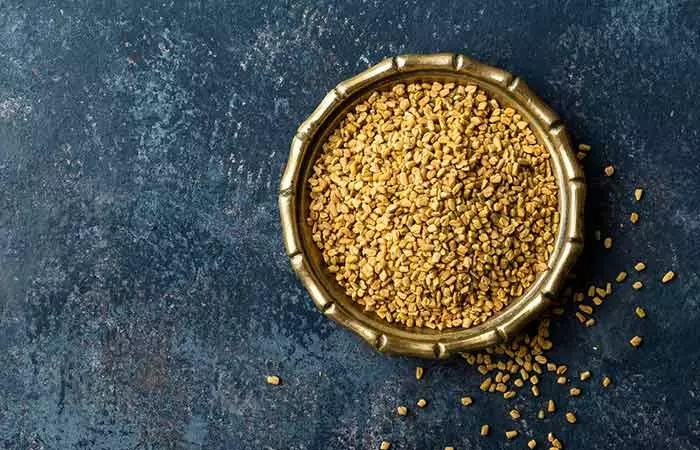
You Will Need
- 1 teaspoon of fenugreek seeds
- 1 cup of water
- Honey
What You Have To Do
- Boil a teaspoon of fenugreek seeds with a cup of water in a saucepan.
- Simmer for 5 minutes and strain.
- When the tea is warm enough to drink, add a little honey.
- Consume fenugreek tea about 3 times daily to increase your breast milk supply.
Why This Works
Fenugreek seeds are one of the best ingredients that can increase breast milk supply.
They are good sources of phytoestrogen and also exhibit galactagogue properties in nursing mothers (1). (Galactagogue is just a fancy word for foods or drugs that increase the production of breast milk.) So fenugreek tea acts as a lactation tea to increase milk supply.
2. Torbangun

You Will Need
Torbangun leaves
What You Have To Do
Drink torbangun tea or soup. You can also add it to other foods and consume daily.
Why This Works
Torbangun is widely used in Bataknese traditional cuisine, and it’s gradually becoming known in the West. This is another herb that has proven to increase the production of breast milk (2).
3. Drumsticks
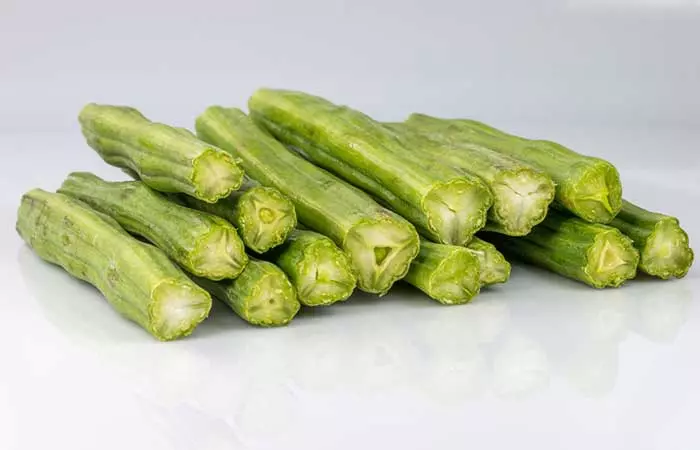
You Will Need
1/2 cup of freshly extracted drumstick juice
What You Have To Do
Consume half a cup of freshly extracted drumstick juice once daily.
Why This Works
Drumsticks are a rich source of many nutrients that help in stimulating the mammary glands to produce more milk. Consuming drumstick juice also improves blood circulation, which, in turn, increases your breast milk supply (3).
4. Fennel Seeds
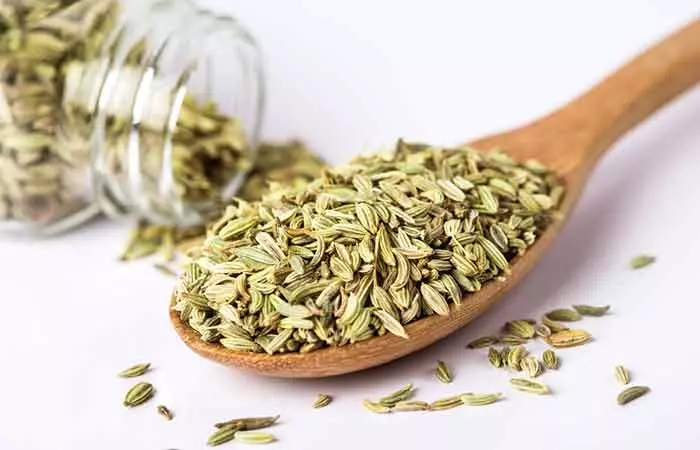
You Will Need
- 1 teaspoon of fennel seeds
- 1 cup of hot water
- Honey
What You Have To Do
- Add a teaspoon of fennel seeds to a cup of hot water.
- Steep for 5 to 10 minutes and strain.
- Allow the tea to cool a little before adding some honey.
- Consume fennel tea 2 to 3 times daily.
- Alternatively, you can also chew on some fennel seeds.
Why This Works
Fennel is another herb that is used as a galactagogue for nursing mothers. The seeds are phytoestrogens, i.e., they mimic estrogen, which is one of the milk-boosting hormones that is known to increase the production of breast milk (4).
5. Milk Thistle
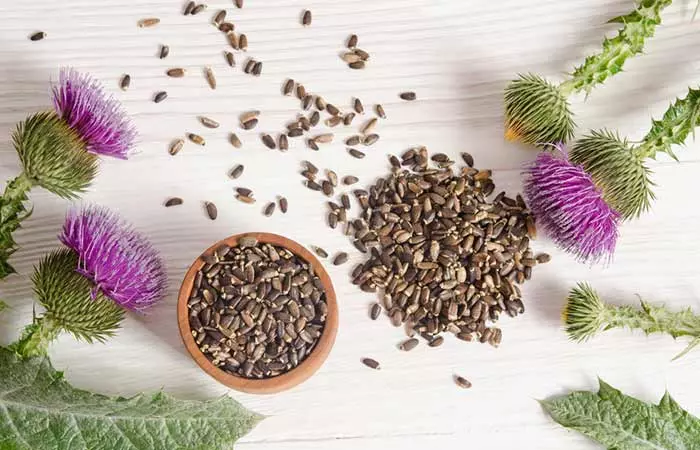
You Will Need
Milk thistle
supplements
What You Have To Do
Take 2 to 3 milk thistle capsules daily.
Why This Works
Milk thistle is a flowering plant that used to act as a milk boosting supplement in ancient times. As a phytoestrogen, it displays estrogenic activity, which helps in increasing the breast milk supply (5).
6. Goat’s Rue
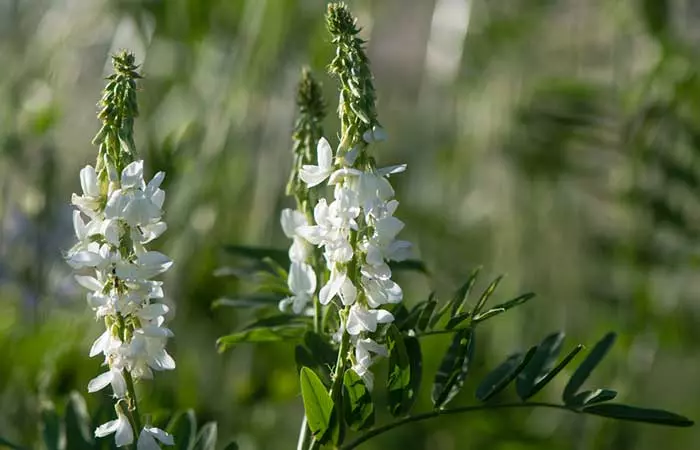
You Will Need
Goat’s rue supplements
What You Have To Do
Take goat’s rue supplements daily to increase your breast milk supply.
Why This Works
Goat’s rue is a popular galactagogue in France and other European countries. It not only stimulates the development of mammary duct tissue but also has lactogenic properties, i.e., it promotes breast milk production (6).
Caution
Goat’s rue might cause hypoglycemia (low blood sugar). Hence, consult your doctor before using these supplements and don’t skip meals if you decide to take it.
7. Garlic
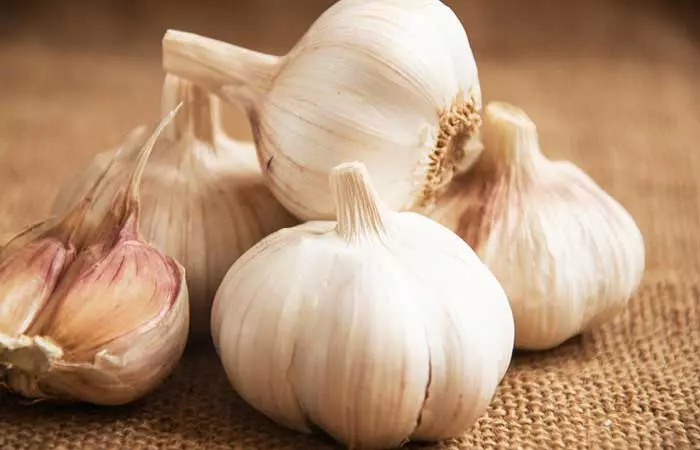
You Will Need
Peeled garlic cloves
What You Have To Do
- Mince the garlic cloves and add the paste to your dishes.
- You can also chew on a few garlic cloves throughout the day, preferably when you don’t have to breathe garlic breath on anyone!
Why This Works
Garlic has lactogenic properties that help increase breast milk supply in mothers. It’s an antifungal and it is reported to strengthen the bond between the mother and infant (7), (8).
8. Herbal Tea

You Will Need
like anise tea or caraway tea
What You Have To Do
Drink 2 to 3 cups of anise or caraway tea daily.
Why This Works
Milk-boosting herbs, such as anise and caraway are phytoestrogens that exhibit estrogenic properties. They act as galactagogues and also clear clogged milk ducts, thus increasing breast milk supply (9). So lactating mothers should consume these milk-boosting drinks regularly.
9. Salmon
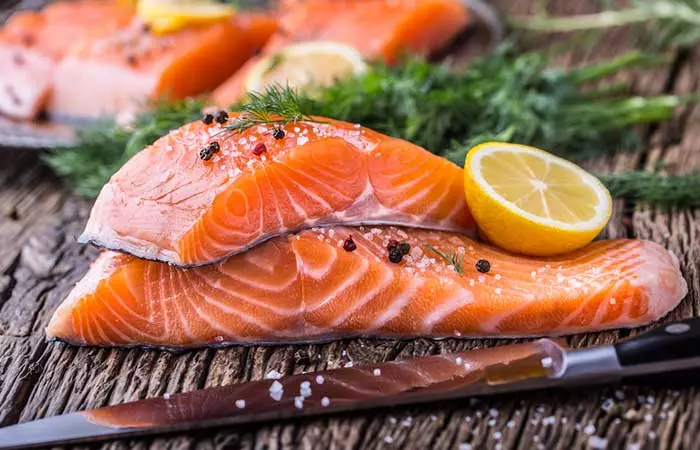
You Will Need
Wild-caught cooked salmon
What You Have To Do
Consume a portion of cooked salmon 2 to 3 times every week.
Why This Works
Salmon is a rich source of omega-3s and many essential fatty acids, which make it a great option to increase your breast milk production naturally. It is also rich in DHA, one of the most important components of breast milk, which aids brain development of your child (10).
Caution
Eat wild-caught salmon, which is lower in mercury and other toxins than commercially raised salmon.
10. Oats
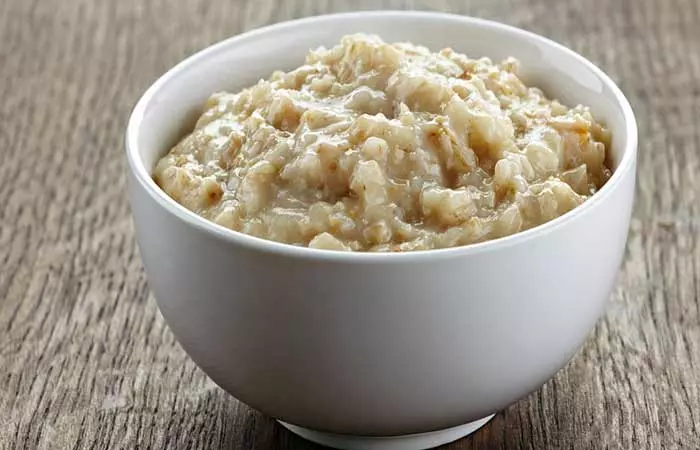
You Will Need
A bowl of cooked oats
What You Have To Do
Consume a bowl of cooked oats daily.
Why This Works
Oats are rich in fiber and iron, which reduce cholesterol and increase breast milk production. They also induce relaxation, which, in turn, helps increase lactation. These properties make oats one of the best options to increase the supply of breast milk (11). You can also include oat flour in cookies and consume it as lactation cookies to increase milk supply.
11. Whole Grains
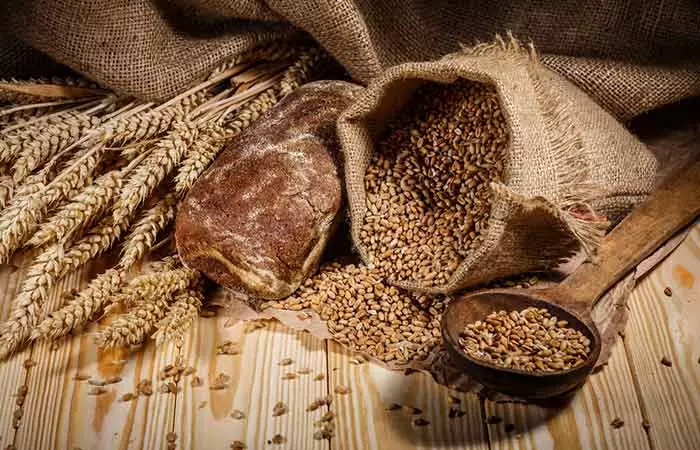
You Will Need
Whole grains like corn, quinoa, and wheat
What You Have To Do
Increase your intake of whole grains like wheat, quinoa, and corn.
Why This Works
The intake of whole grains not just helps increase the production of breast milk but also ensures that your infant is getting all the necessary nutrients for its growth and development (12).
Note: Many people are avoiding gluten grains these days, so you may want to limit your intake of wheat.
12. Almond Milk
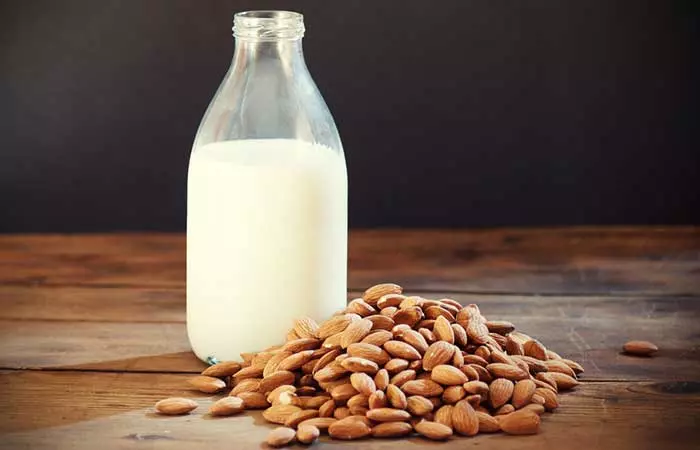
You Will Need
Almond milk (unsweetened)
What You Have To Do
Consume a cup of almond milk 1 to 2 times daily.
Why This Works
Almond milk is a rich source of omega-3 fatty acids that help increase breast milk production. Hence, nursing mothers consume almond milk regularly to improve both the quantity and quality of their milk (13).
13. Carom (Caraway) Seeds
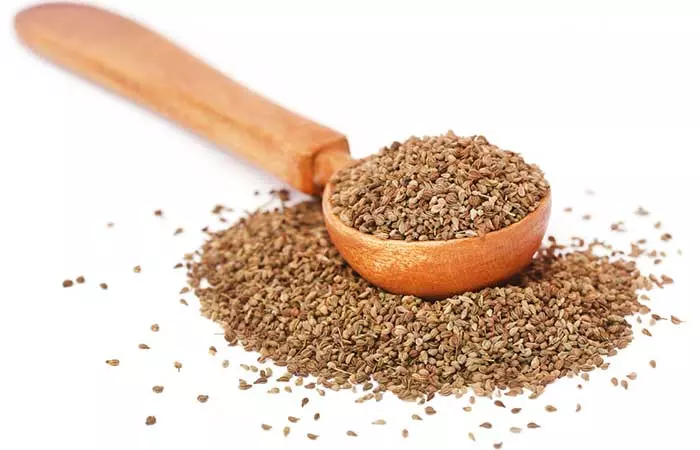
You Will Need
- 1-2 teaspoons of carom seeds
- 1 cup of water
What You Have To Do
- Soak a teaspoon or two of carom seeds in water overnight.
- The next morning, strain the mixture and consume the solution.
- Drink this daily to boost your breast milk supply.
Why This Works
Carom seeds are another excellent traditional remedy that can help in naturally increasing the supply of breast milk (14).
Now that you have an idea about what to eat for increasing breast milk supply, let’s look at the foods that you need to avoid as they may decrease breast milk production.
14. Flaxseed Oil
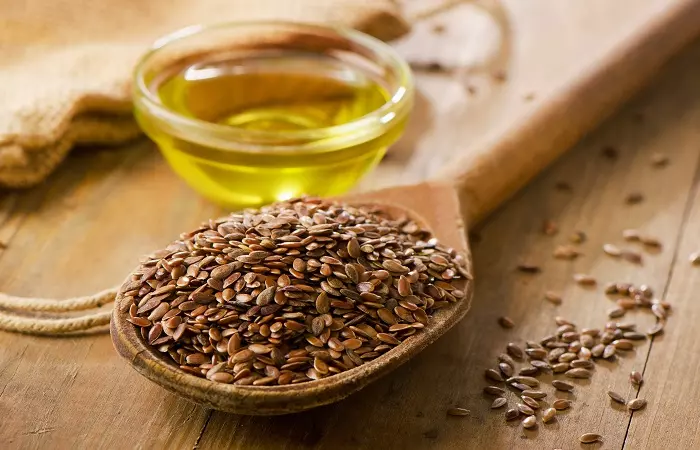
You Will Need
- Flaxseed oil supplement (20 grams daily, containing 10.7 grams of ALA)
What You Have To Do
- Take a flaxseed oil supplement daily.
- Continue this supplementation for at least 4 weeks.
Why This Works
Flaxseed oil is packed with ALA (alpha-linolenic acid), which can help increase the beneficial fatty acid content in your breast milk. With consistent supplementation over time, you may observe significant increases in ALA, EPA (eicosapentaenoic acid), and DPA (docosapentaenoic acid) levels in both your breast milk and blood. These fatty acids contribute to the nutritional quality of your breast milk, which can help support your baby’s development and health (15).
What Foods Can Decrease Milk Supply?
For centuries, midwives have given women advice on what to consume when they are ready to stop breastfeeding and allow their breast milk to dry up. But don’t use these foods in any quantity if you are still breastfeeding. The following foods can decrease breast milk supply:
- Parsley
- Peppermint
- Spearmint
- Sage
- Oregano
- Thyme
- Alcohol
In addition to avoiding these foods, follow the milk-boosting tips and techniques mentioned below.
Preventive Tips
- Closely observe your baby for signs of hunger, especially in the first few weeks.
Grace, a passionate blogger who enjoys sharing her motherhood journey, offers insight into her approach to breastfeeding: “Trust our baby, not the clock! I personally don’t follow the 15-minute rule. I follow my little one’s signal. Crying is a late hunger signal – this is my ‘AHA’ moment (i).”
- Let your baby sleep close to you, at least for the first 6 months.
- Try and avoid using pacifiers.
- Follow a healthy milk-boosting diet for lactation support.
- Drink plenty of fluids ,avoiding sugar and aspartame sweetened sodas.
- Get enough rest.
- Try some milk-boosting massage on your breasts or using a breast pump for increased breast milk production.
- Avoid wearing tight bras and tops. Opt for loose clothing
 Quick Tip
Quick TipDiscover the ultimate guide to naturally boosting your breast milk supply. Explore home remedies and foods that can help enhance lactation and support your breastfeeding journey in the video below.
Infographic: 5 Good Foods To Boost Breast Milk Supply
Breast milk is the most vital source of nutrients and protection for an infant, and it is important to make sure you have enough of it. Instead of resorting to medications right away, you can consider using natural ingredients to help. Check out the infographic below to learn about some of the easily available foods to increase breast milk supply.

Illustration: StyleCraze Design Team
In some cases, breast milk supply may be lower than expected. Some possible causes include pregnancy-induced high blood pressure, premature delivery, delayed latching, history of breast surgery, inadequate hydration, etc. However, it is not a cause for concern as you can increase breast milk in most cases by following certain simple home remedies. For instance, you can incorporate foods like drumsticks, fennel, oats, whole grains, fenugreek seeds, garlic, torbangun, and milk thistle to boost milk production. Avoid consuming certain foods like alcohol, parsley, oregano, thyme, and mint, as these may reduce milk production. In cases of extreme low milk production, you may reach out to a lactation consultant to understand the problem.
Frequently Asked Questions
Can stress or lack of sleep affect my breast milk production?
Studies suggest that stress or lack of sleep might have an impact on breast milk production (16).
Can caffeine intake affect breast milk production?
There is no conclusive evidence that caffeine intake affects breast milk production, and further studies in this area are warranted.
How long does it take to increase breast milk production?
The time taken to increase breast milk production depends on the individual, their specific condition, and the method they use to increase breast milk production. It may take between a few days to a few weeks. Consult your doctor for further information.
Does the milk supply increase every day?
Yes, it may initially start out with a small amount. As you pump regularly, the body will slowly and steadily increase milk production to meet the baby’s needs.
Can medications help increase breast milk production?
Yes, certain medications like dopamine antagonists help increase milk production by increasing the level of the hormone prolactin. Consult a doctor before consuming these medications.
Can nipple stimulation help increase breast milk production?
Yes, nipple stimulation signals the release of prolactin, which in turn increases breast milk production.
Illustration: Best Foods To Increase Breast Milk Supply

Image: Stable Diffusion/StyleCraze Design Team
Personal Experience: Source
StyleCraze's articles are interwoven with authentic personal narratives that provide depth and resonance to our content. Below are the sources of the personal accounts referenced in this article.
i. Mommy Diaries: How to Sustain your Breast Milk Supplyhttps://graceacla.wordpress.com/2018/05/27/mommy-diaries-how-to-sustain-your-breast-milk-supply/
Read full bio of Dr. Jennifer Mercier
Read full bio of Shaheen Naser
Read full bio of Arshiya Syeda
Read full bio of Moksha Gandhi






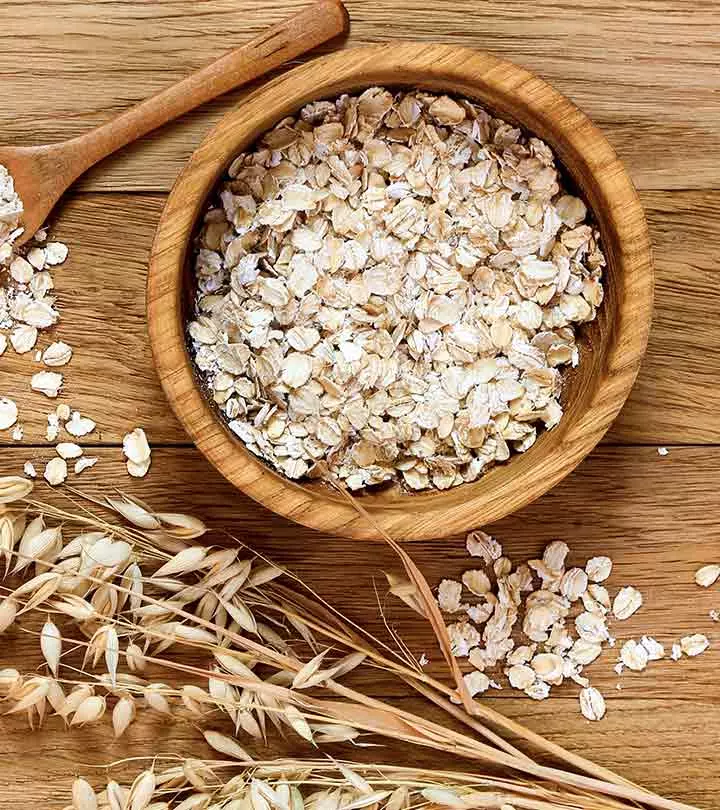

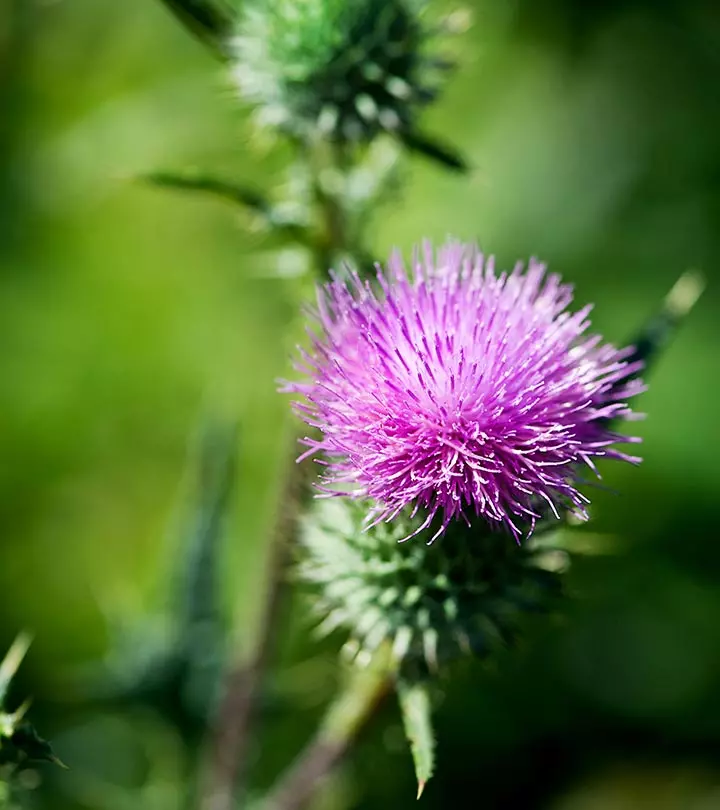


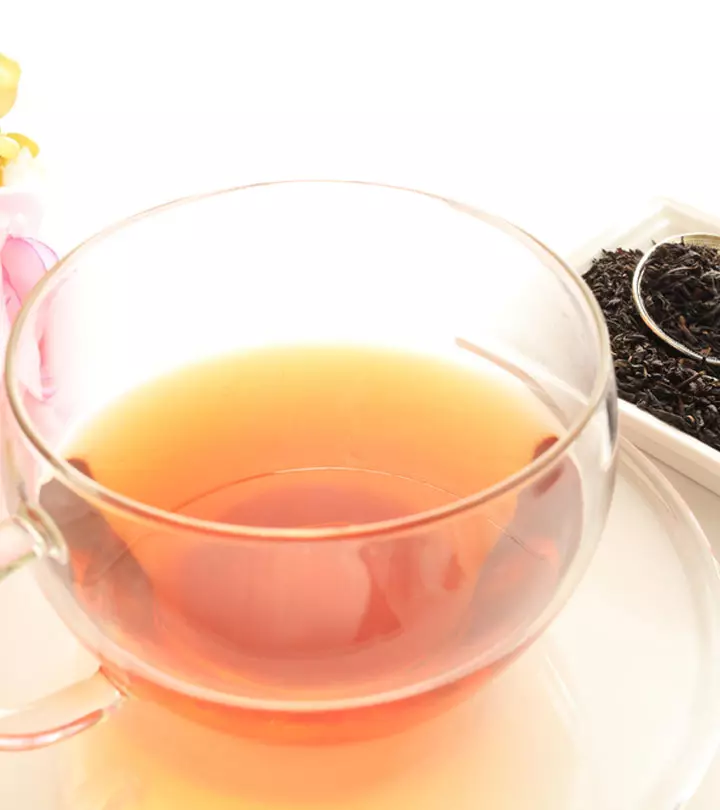
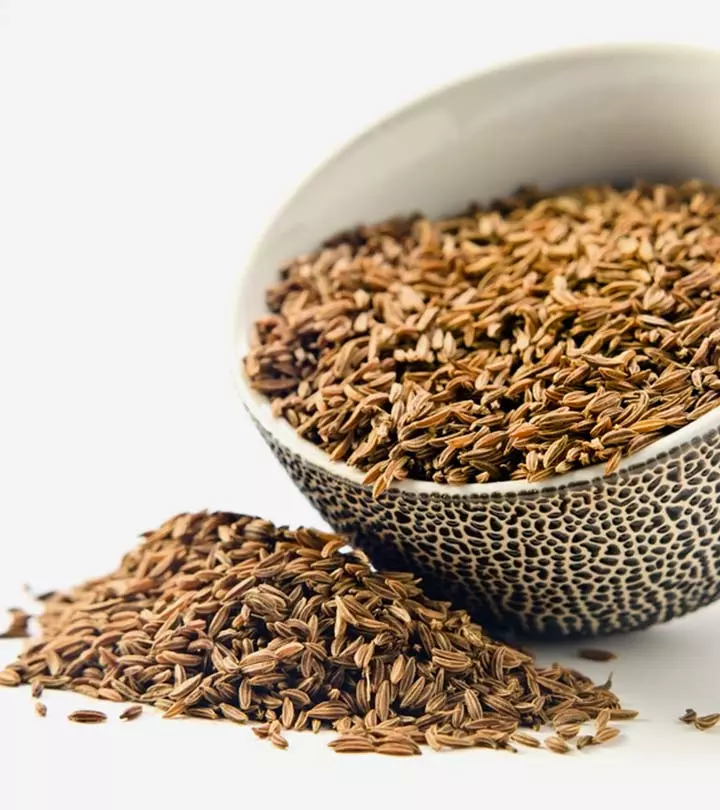
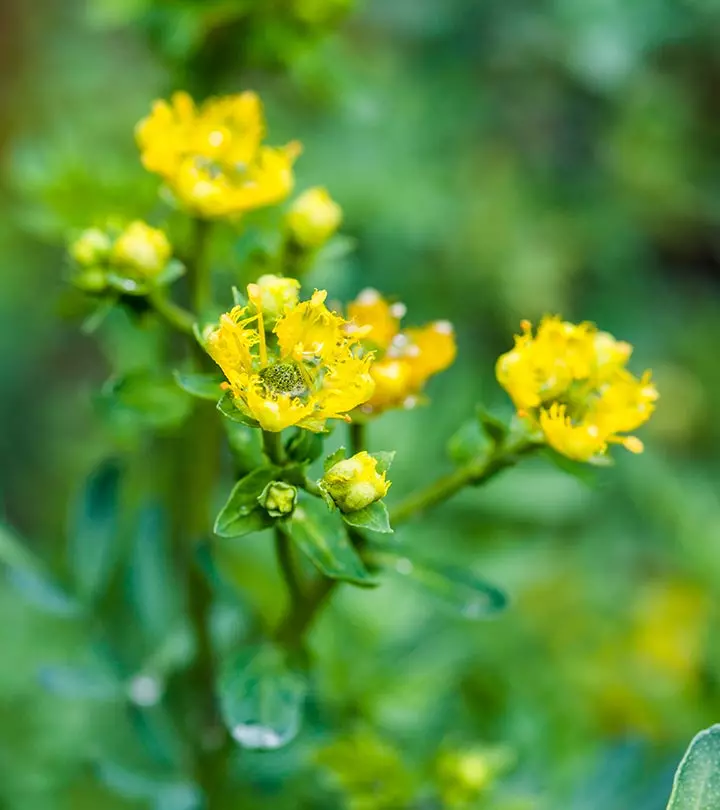






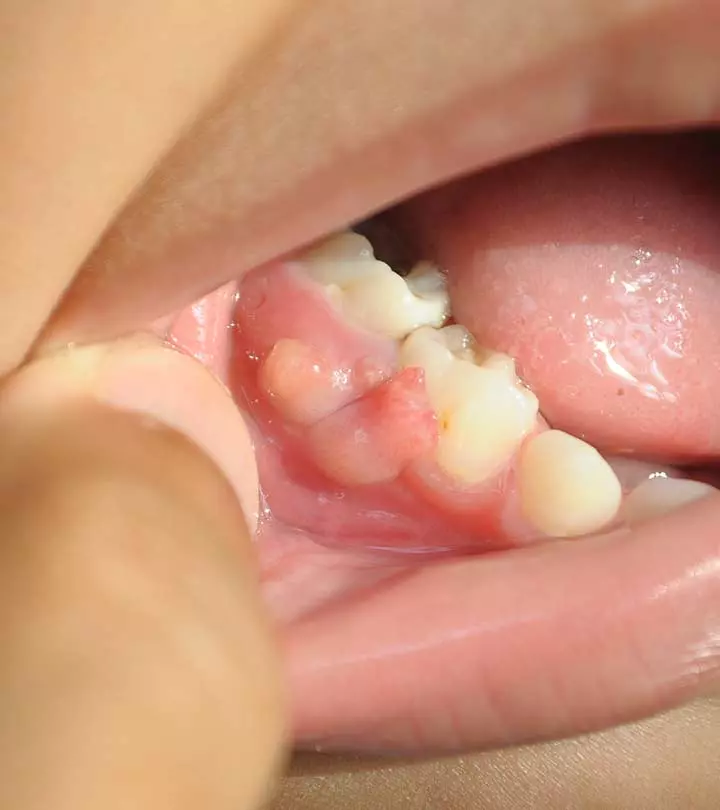
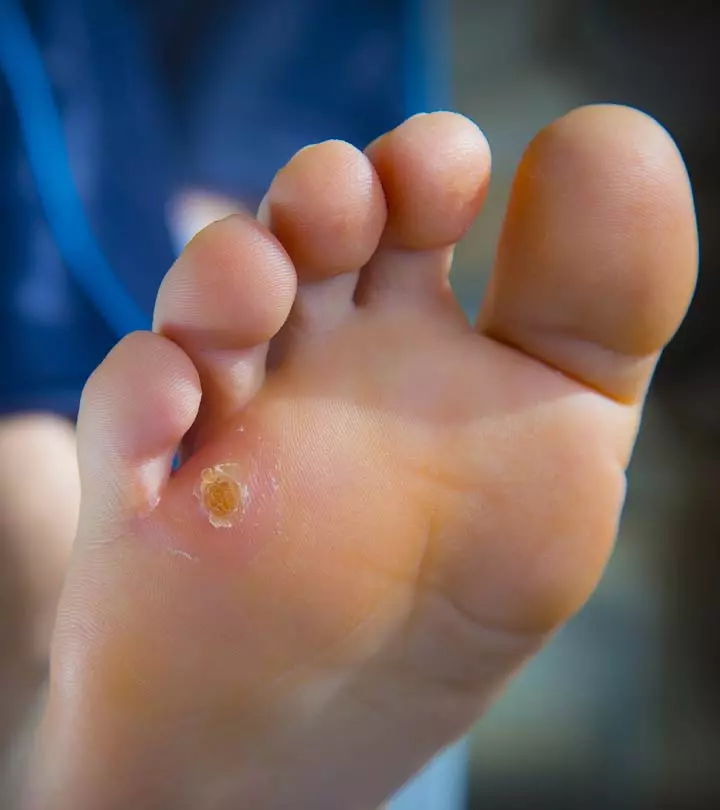





Community Experiences
Join the conversation and become a part of our empowering community! Share your stories, experiences, and insights to connect with other beauty, lifestyle, and health enthusiasts.